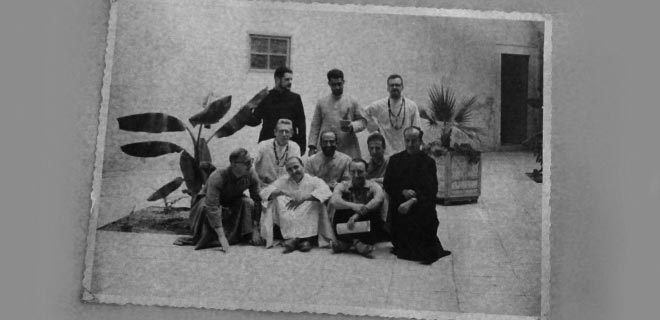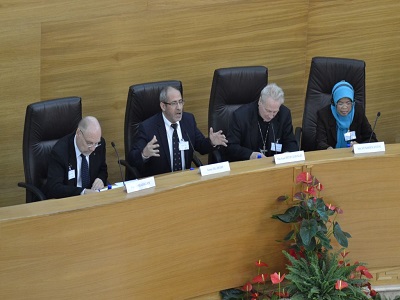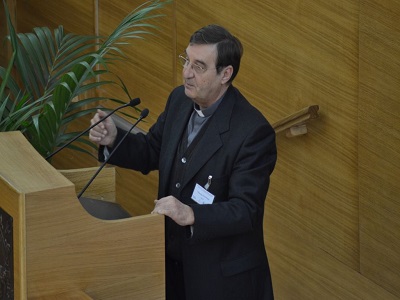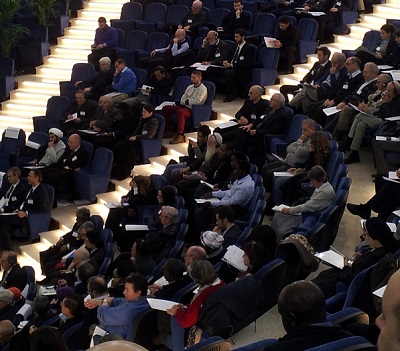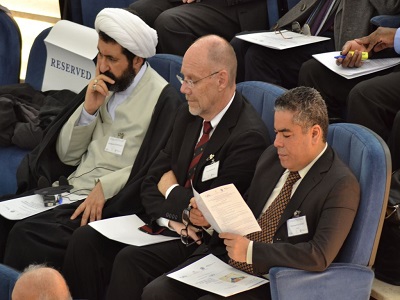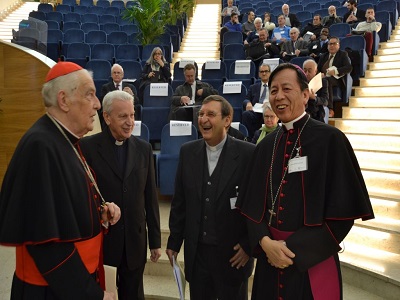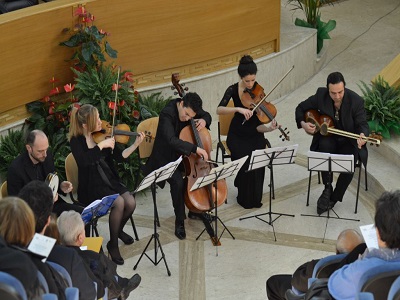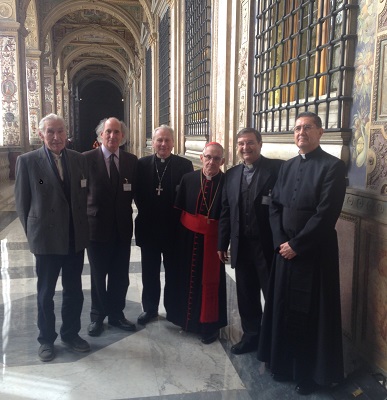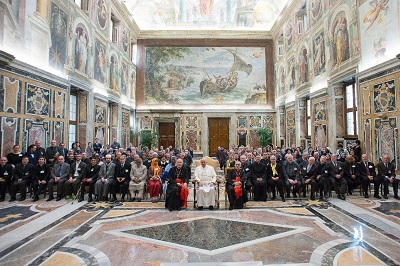Our history
The Pontifical Institute for Arabic and Islamic Studies (PISAI) traces the origins of its foundation back to 1926 and the work of the Missionaries of Africa (White Fathers) in Tunisia in a training centre for missionaries preparing to work in Muslim countries. In 1931 this foundation took the name Institut de Belles Lettres Arabes (IBLA). In 1949 it was decided to separate the teaching section from the other activities undertaken at IBLA which were more linked to the specifically Tunisian cultural scene. So a study centre was opened at Manouba (near Tunis) which welcomed students of Arabic language and Islamic sciences. Later, in accordance with a Decree of the Sacred Congregation for Seminaries and Universities dated 19 March 1960, this training institute was raised to the Pontifical Institute for Oriental Studies. In 1964, the Institute was transferred to Rome and its name changed to the Pontifical Institute for Arabic Studies thus avoiding any confusion with the already existing Pontifical Oriental Institute. In 1967, at the wish of His Holiness Pope Paul VI, the Institute was situated in part of the Palazzo di S. Apollinare. The sole teaching language, other than Arabic, was French. In 1972 an English-speaking section was added. Italian was also adopted later.
Since 1966, the Institute has had the faculty to award the Licentiate in Arabic and Islamic Studies at the end of a two-year course of study and preceded by a preparatory year. In accordance with Decree No. 292/80/5 of 25 May 1980, the Congregation for Catholic Education granted the Institute the authority to award the Doctorate. The name currently held by the Institute is the Pontifical Institute for Arabic and Islamic Studies (PISAI). Its new Statutes were approved by the Congregation for Catholic Education in Decree No. 74/2020 on 26 January 2021.
Since 1997, PISAI has had a protocol of cooperation with Dar Comboni for Arabic Studies, run by the Comboni Missionaries of the Heart of Jesus in Cairo. A member of PLURIEL (Plateforme universitaire de recherche sur l’islam en Europe et au Liban) since the beginning of the 2015-2016 academic year, PISAI has also signed two new memoranda of understanding: with the Pontifical Gregorian University (Centre for Interreligious Studies) in Rome, and with Georgetown University in Washington DC.
At present, apart from the Missionaries of Africa, the teaching staff of PISAI includes religious from different places, diocesan priests and laypersons. Teachers whose mother tongue is Arabic, both Muslims and Christians, also number among the teaching staff.
The Pisai
Gallery
HIGHLIGHTS

Contact us
PISAI Pontificio Istituto di Studi Arabi e d'Islamistica Viale di Trastevere 89 00153 Roma - Italia Telefono: +39 0658392611


